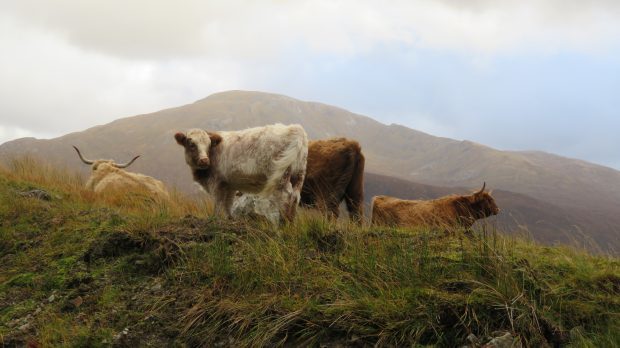A new study on the impact of returning agricultural powers to the devolved nations after Brexit has warned that if it is done in a piecemeal way it will be difficult for individual countries to develop appropriate farm policy.
The research from the Centre on Constitutional Change (CCC) looked at how the EU Withdrawal Bill currently before Parliament will take back devolved agricultural competences to Westminster and how they will then be transferred to Scotland, Wales and Northern Ireland.
Report author, CCC director Professor Michael Keating, pointed out that the Bill allows for some of the powers to be “released” according to the needs of the Brexit settlement.
“Already there are discussions about what powers will be retained and what devolved,” he said.
“The danger is that a piecemeal approach will make it more difficult for Scotland, Wales and Northern Ireland to forge coherent agricultural and rural development policies tailored to their own conditions.”
Prof Keating emphasised that the question of subsidies still needs to be clarified by ministers and pointed out the contrasting dependence on farm support in individual countries. Environment Secretary Michael Gove has already stated that direct payments to farmers in England will be phased out in favour of rewarding environmental measures and providing public benefits.
“Policy for England, however, may not suit conditions in the devolved nations,” said Prof Keating.
“ Around half of farm incomes in England come from the CAP but in Scotland it is three quarters, in Wales it is 80 % and in Northern Ireland 87%. In part this is caused by 85% of farm land in Scotland being in ‘areas of natural constraint’ such as hill farms, in Wales this is 81 % and 70 % in Northern Ireland, compared with only 17 % of farm land in England.”
The report looked at the flexibility the devolved governments currently have had to tailor agricultural policy to local needs and questioned the impact of Brexit on that situation.
“Although the devolved nations currently benefit greatly from CAP funding, this is as a result of greater need. Scotland and Wales receive more than twice the funds per capita than England. Northern Ireland gets four times as much. If this money were put into the block grant and subjected to the Barnett Formula, this would allow them to keep their relative advantage and to use the funds flexibly. Whatever happens to agricultural competences, trade rules will remain the responsibility of the UK Government.
“It is more likely, however, that the money will be subject to a specific formula, perhaps linked to a new UK agricultural framework. In either case, as support for agriculture in England is reduced, the amounts coming to Scotland, Wales and Northern Ireland will also come down over time.”










